Both the upper and lower arches of teeth come into contact with each other during daily activities such as when eating, resting and sleeping. The relationship between the arches is known as occlusion. If the teeth aren’t in proper balance, a patient can experience tenderness and pain and the teeth’s mobility can be affected. When any of these issues arise, the dentists at Washington Center for Dentistry can perform bite analysis with advanced technology, where the teeth’s stability is measured, along with the timing and level of force exerted by individual teeth. From the analysis, the dentists can determine which steps within cosmetic dentistry to take to fix current problems and prevent future issues.
Occlusion is a dental term that describes the way in which our teeth touch together when they are closed. You can think of teeth like the pieces of a jigsaw puzzle, where each tooth’s distinctive shape allows it to fit with the others. When there are no occlusion issues, the teeth, jaw and muscle will all work together in perfect harmony and there are no pain, disease or trauma issues. However, just like how each person is unique, so is each person’s occlusion. Therefore, the dentist will determine what is normal occlusion for that particular patient. A dentist will use bite analysis to determine whether or not a bad bite, or malocclusion, exists. If it does, a cosmetic dentistry correction is needed to maintain the mouth’s proper balance and health.
Candidates for a bite analysis are individuals who experience issues such as jaw pain, headaches, teeth grinding, or uneven wear on their teeth. This evaluation is ideal for those with symptoms of TMJ disorders or misalignment, as well as those who have had restorative dental work. A bite analysis can help identify underlying causes of discomfort and guide the creation of a personalized treatment plan to improve dental function and alleviate pain.
If bite dysfunction exists, here are some of the most common signs:
Uncomfortable bite
Worn teeth
Cracked or broken teeth
Loose teeth
Pain while chewing
Facial pain
Sore or stiff jaw muscles
Clicking or popping in the jaw
Grinding
Gum recession
If signs of a bad bite are ignored and the problems progress, the damage can become so extensive that full mouth reconstruction becomes the only option to correct the problem.
J.G.
S.D.
Yelp
T.S.
K.W.
L.R.
Yelp
S.
Demandforce
W.
Demandforce
Out-Patient
Bite analysis is used when any of the signs of a bad bite appear such as worn or broken teeth, loose teeth, bone loss and/or facial muscle pain. In addition, bite analysis is useful before and after any orthodontic treatments, prior to crown, bridge, implant or denture procedures and before creating customized mouth/bite guards.
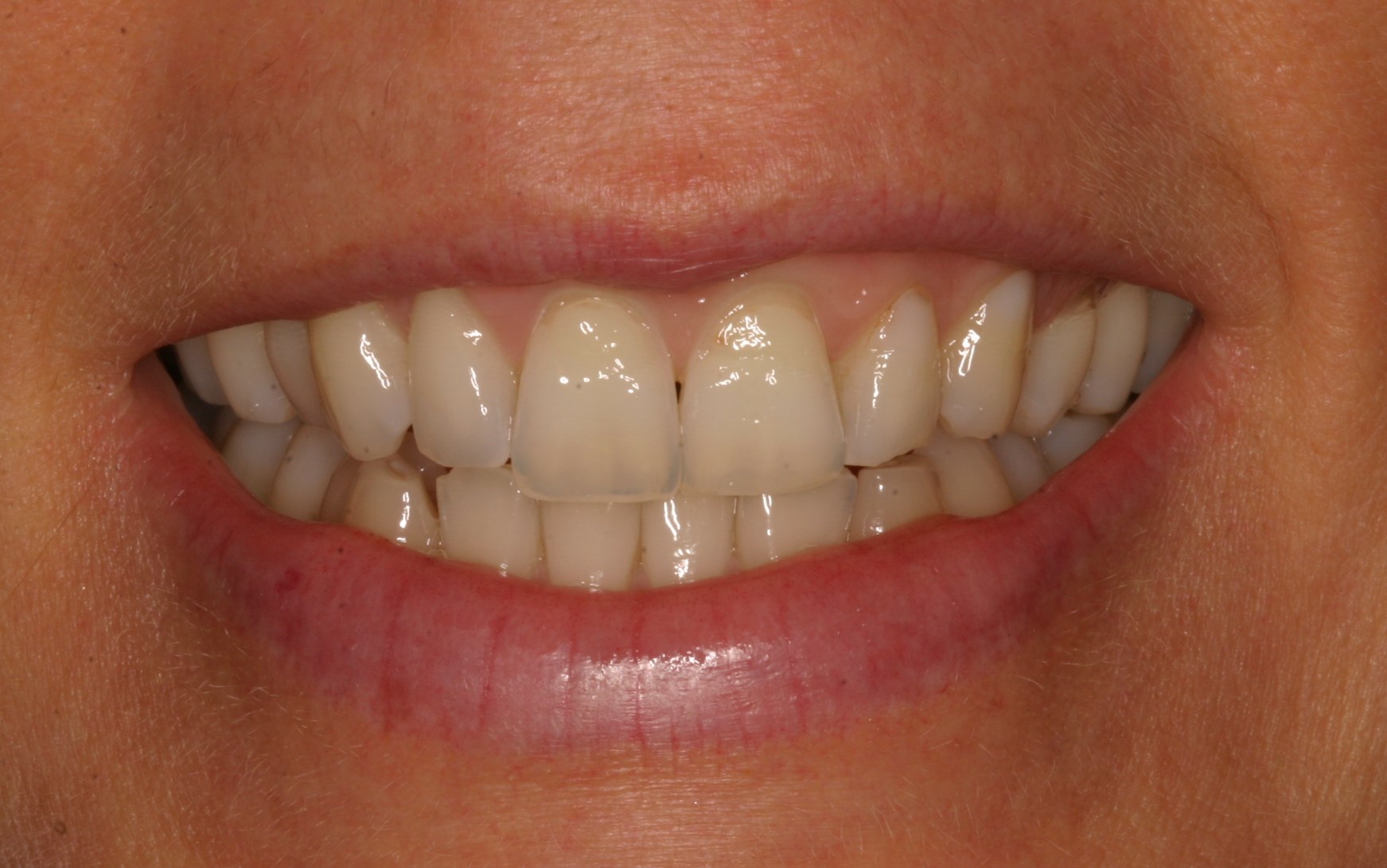

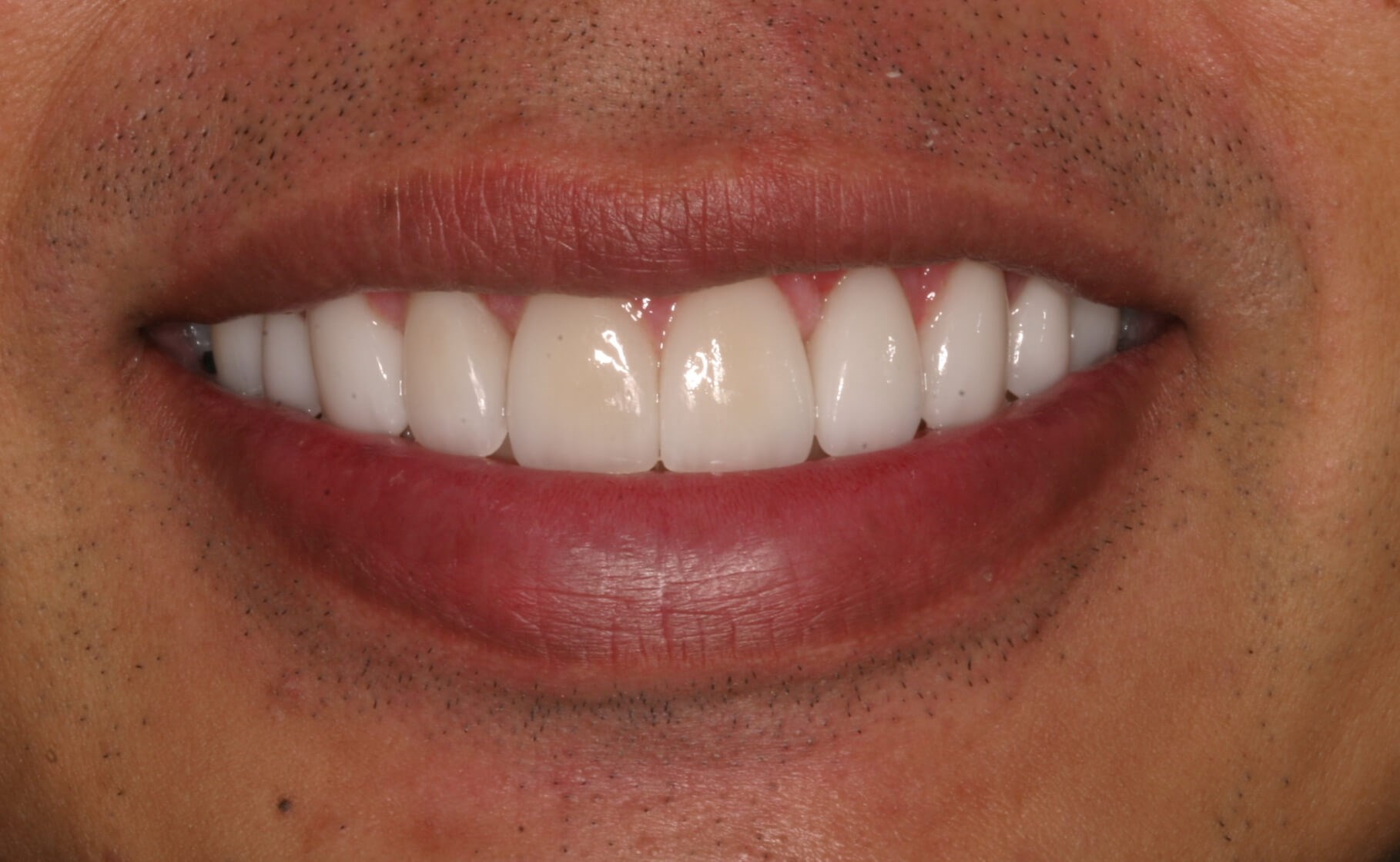
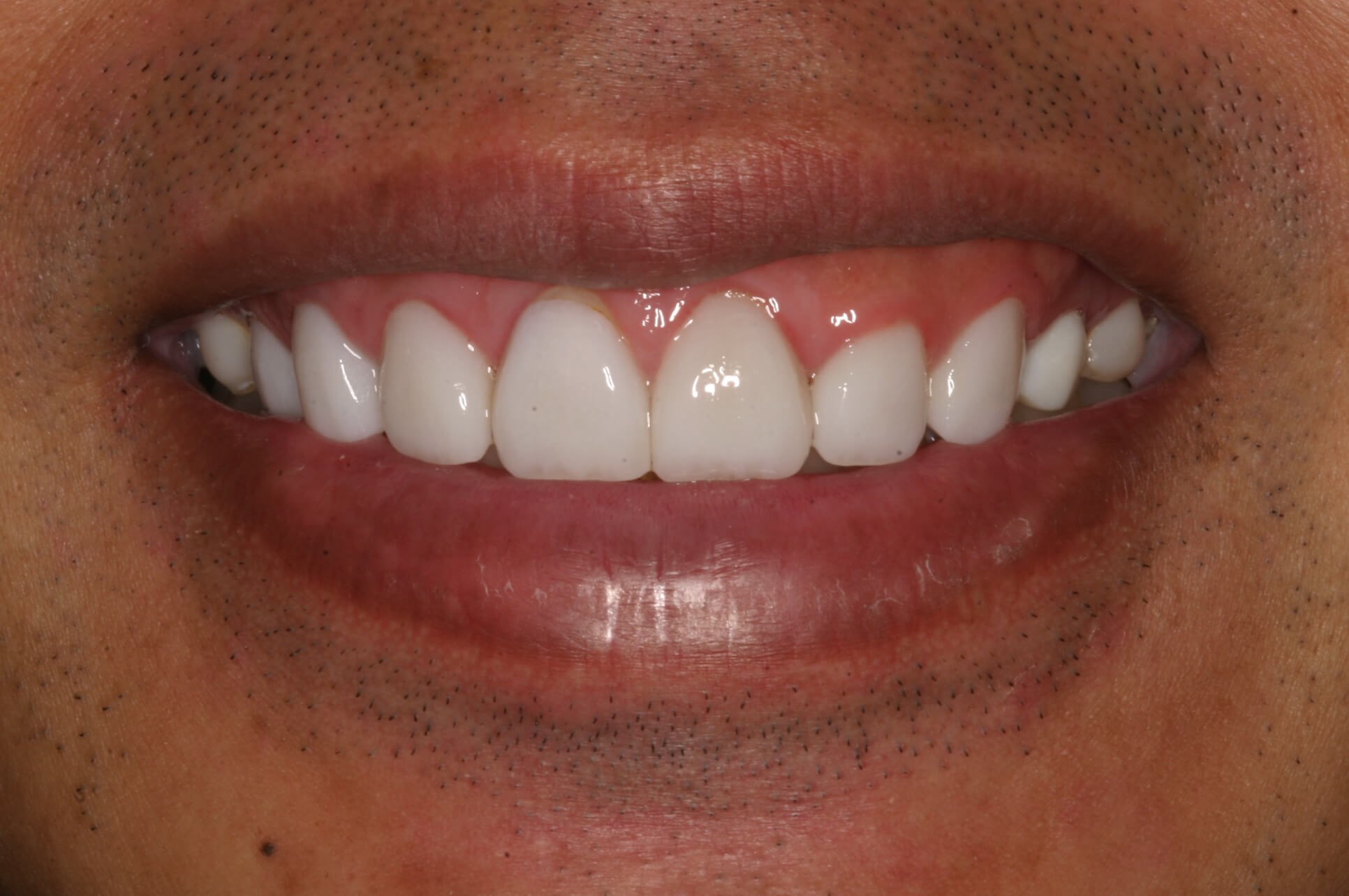
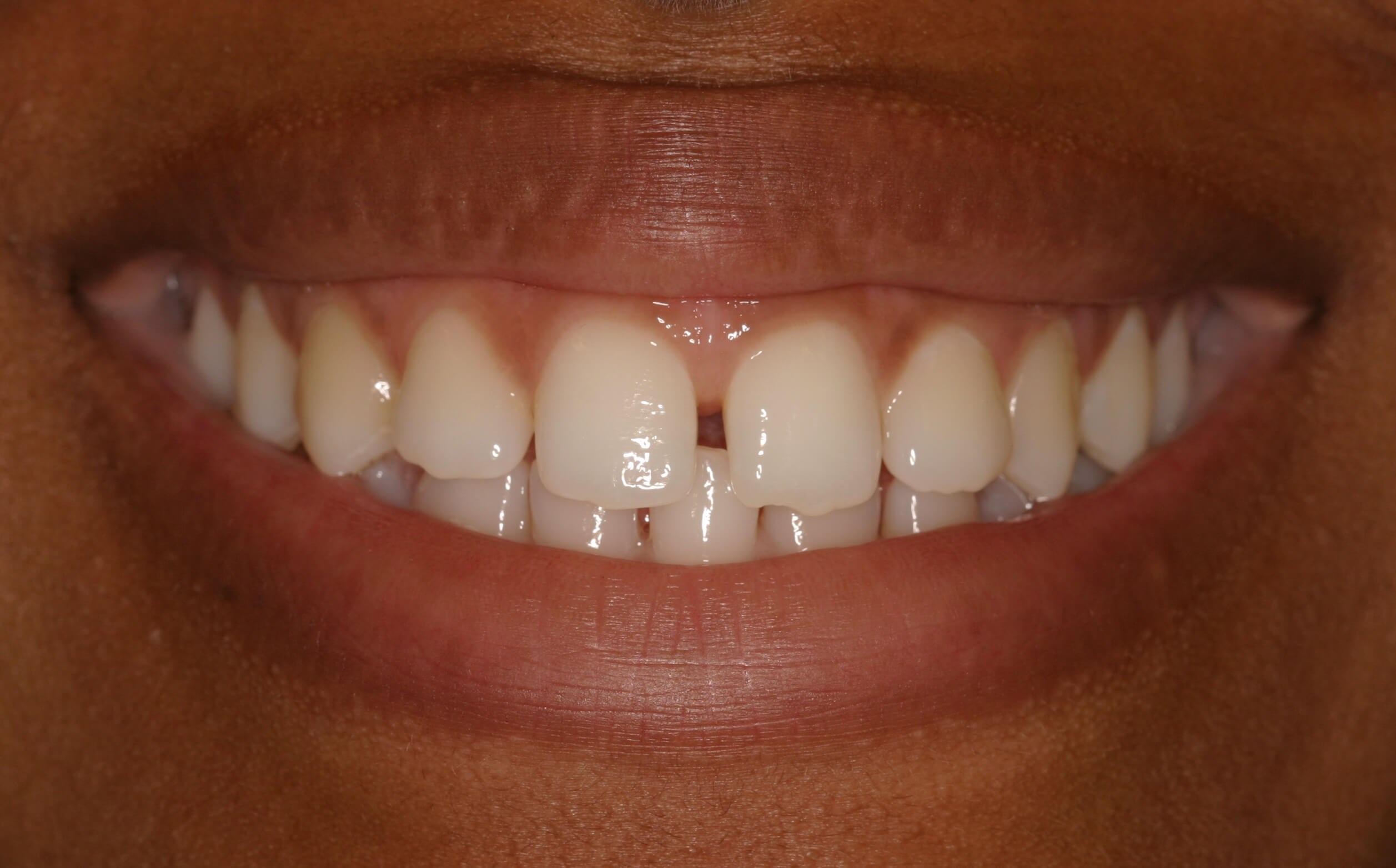
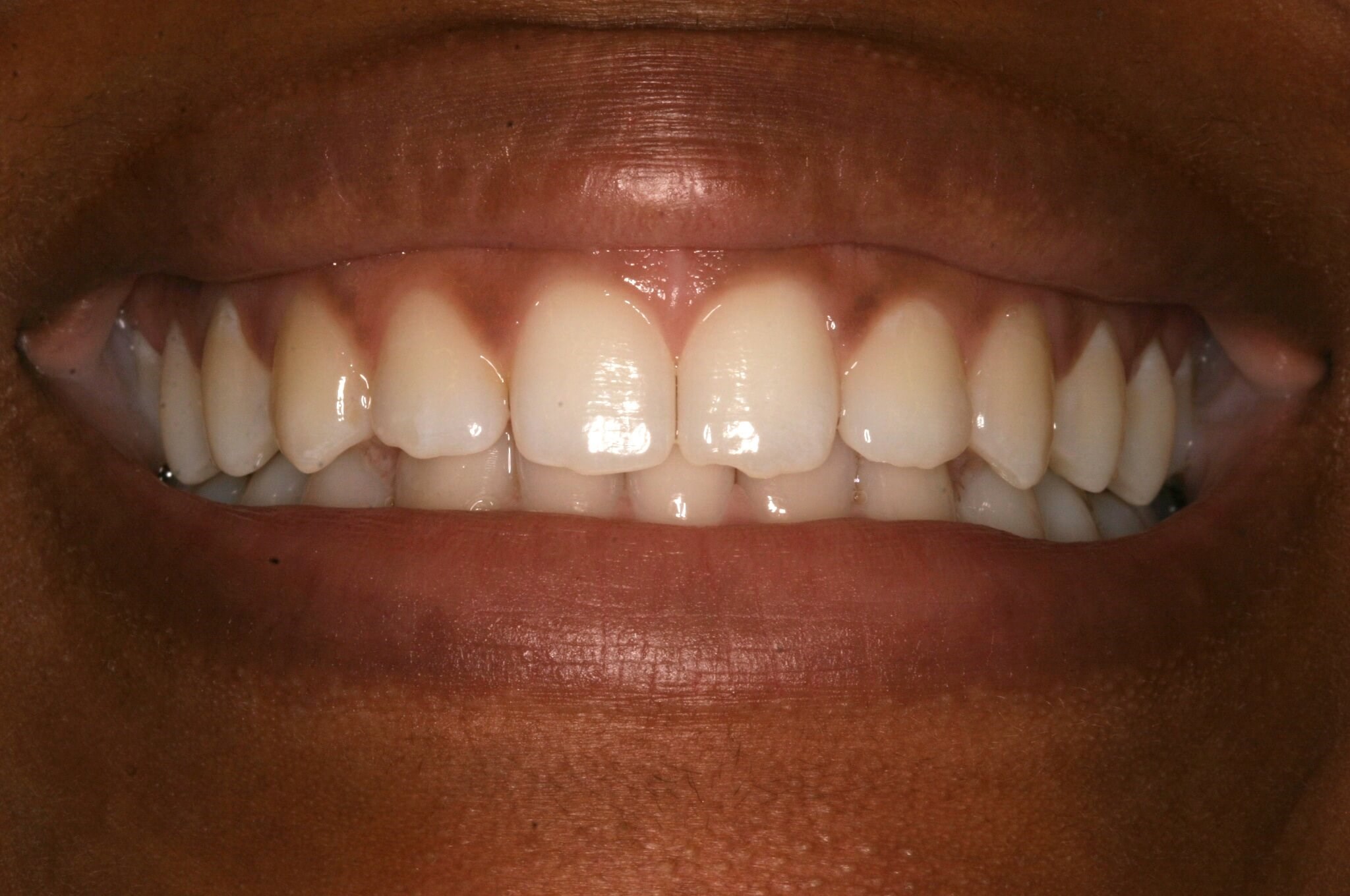
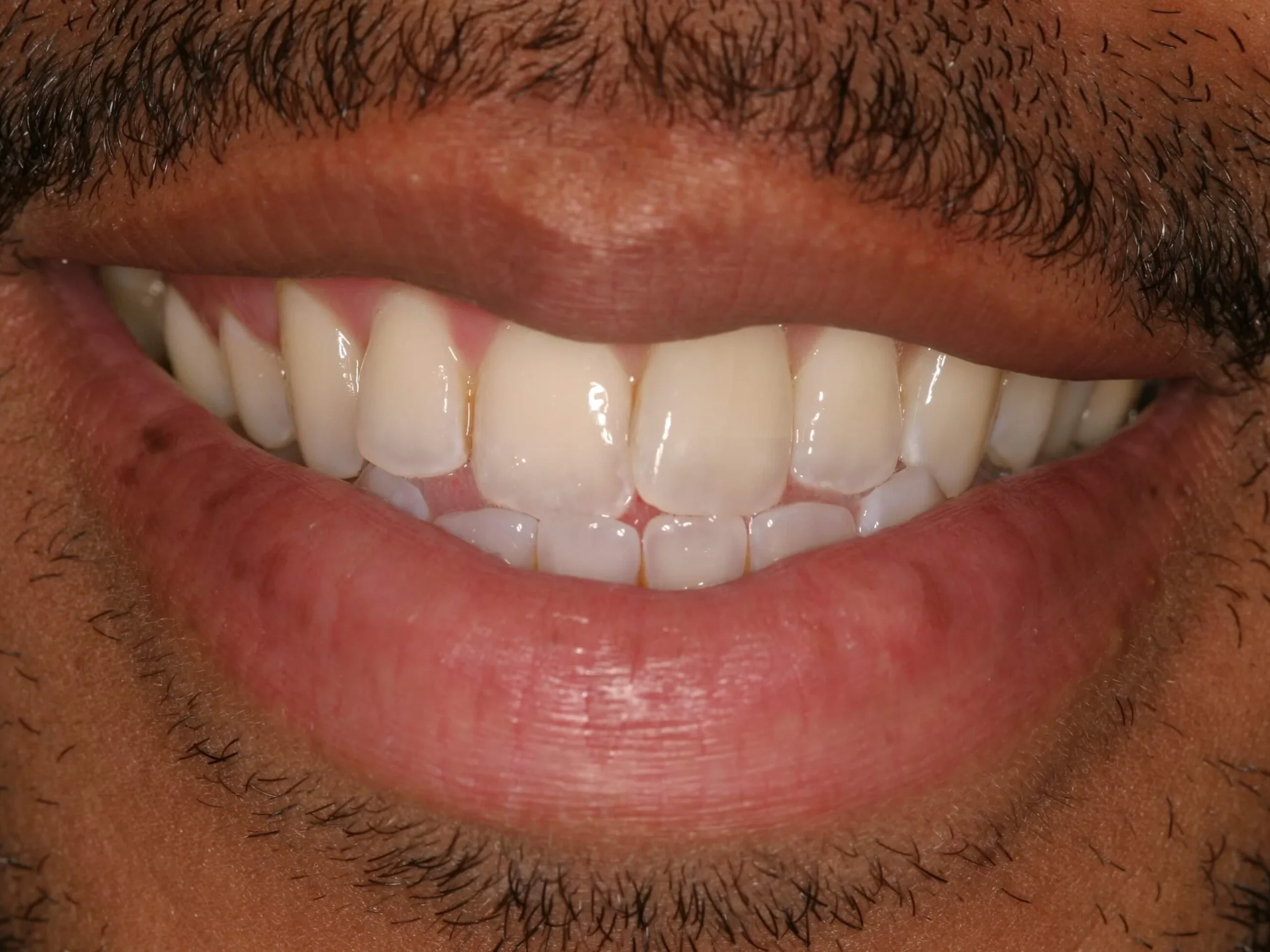
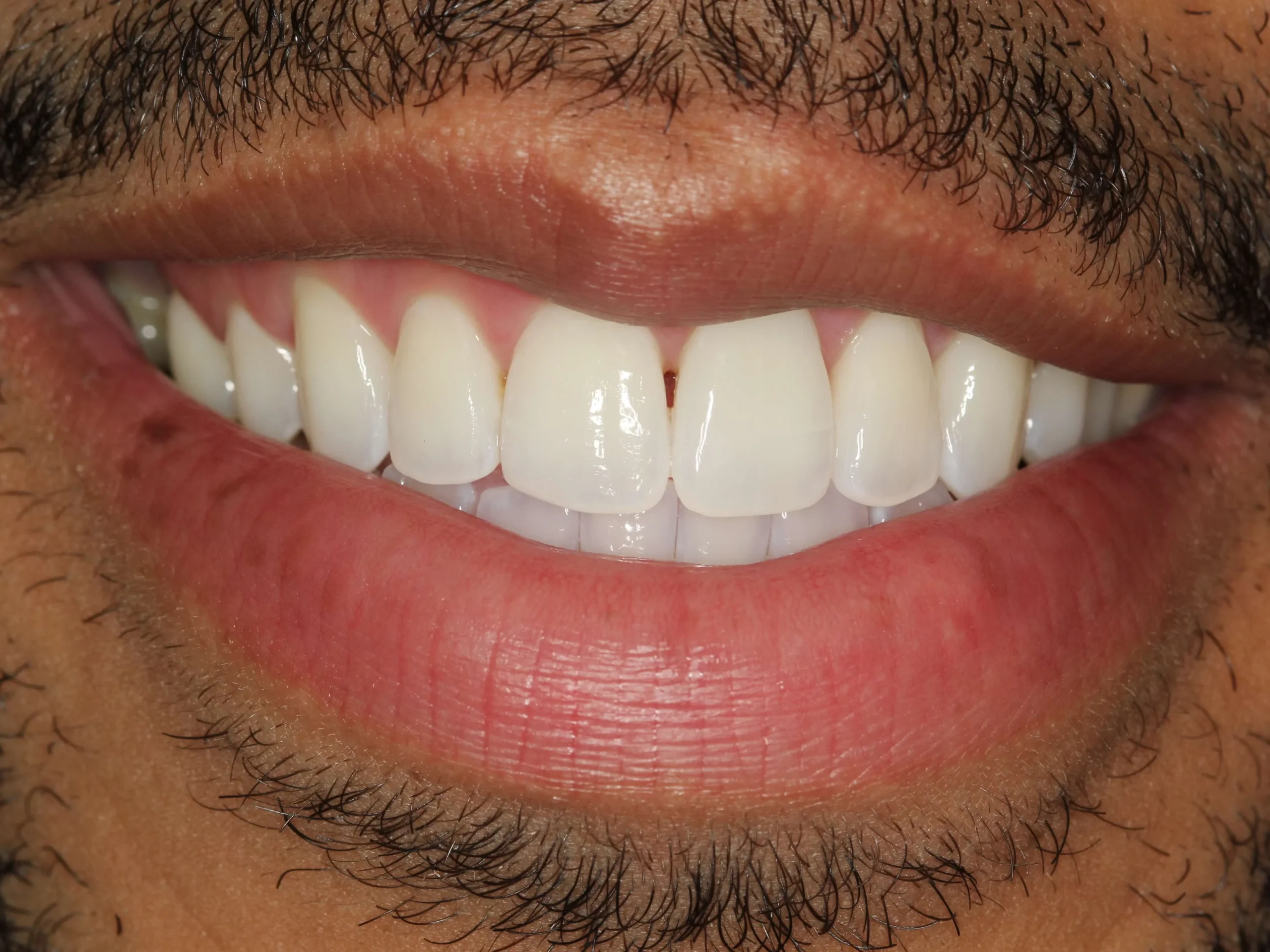

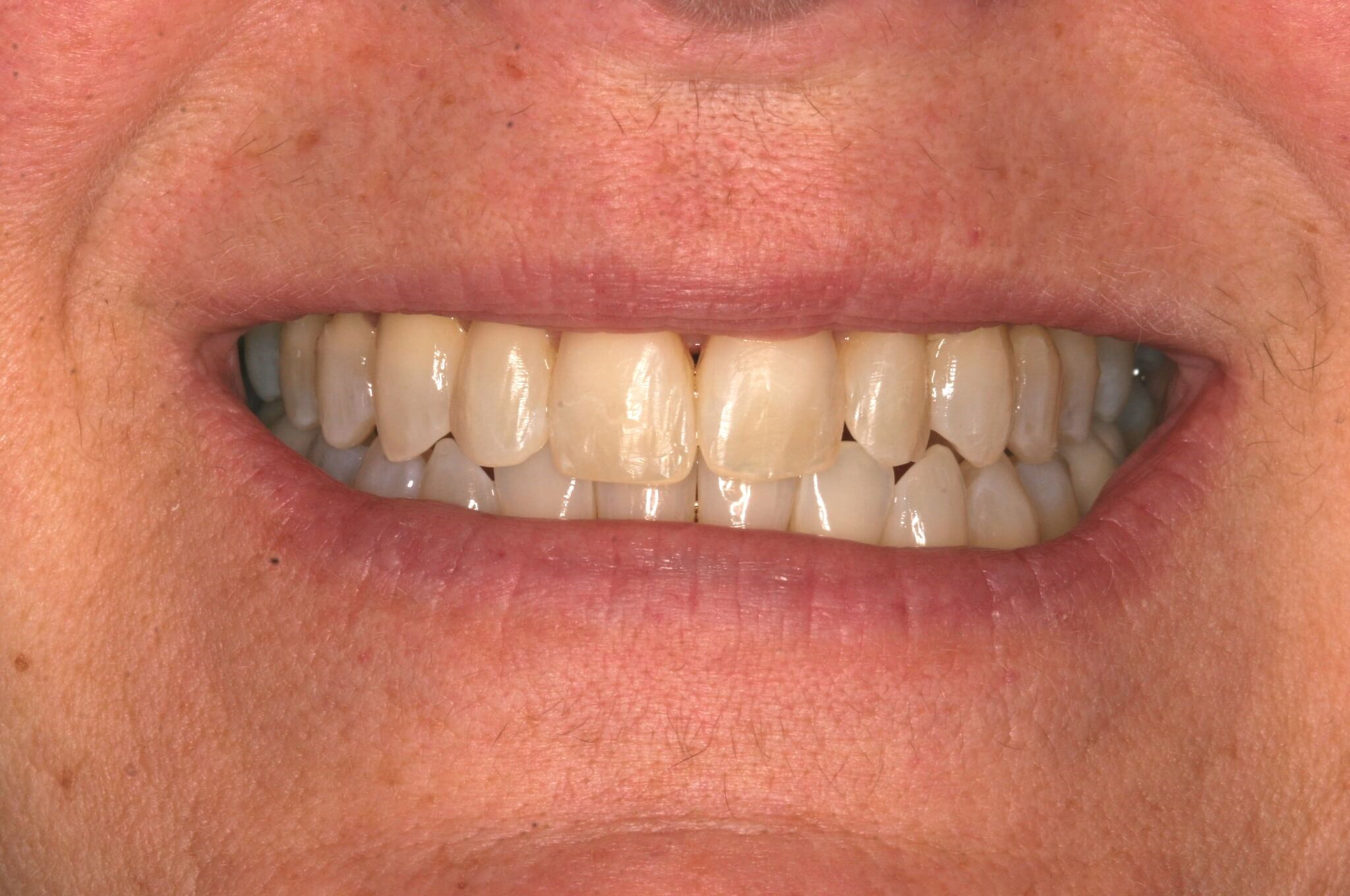
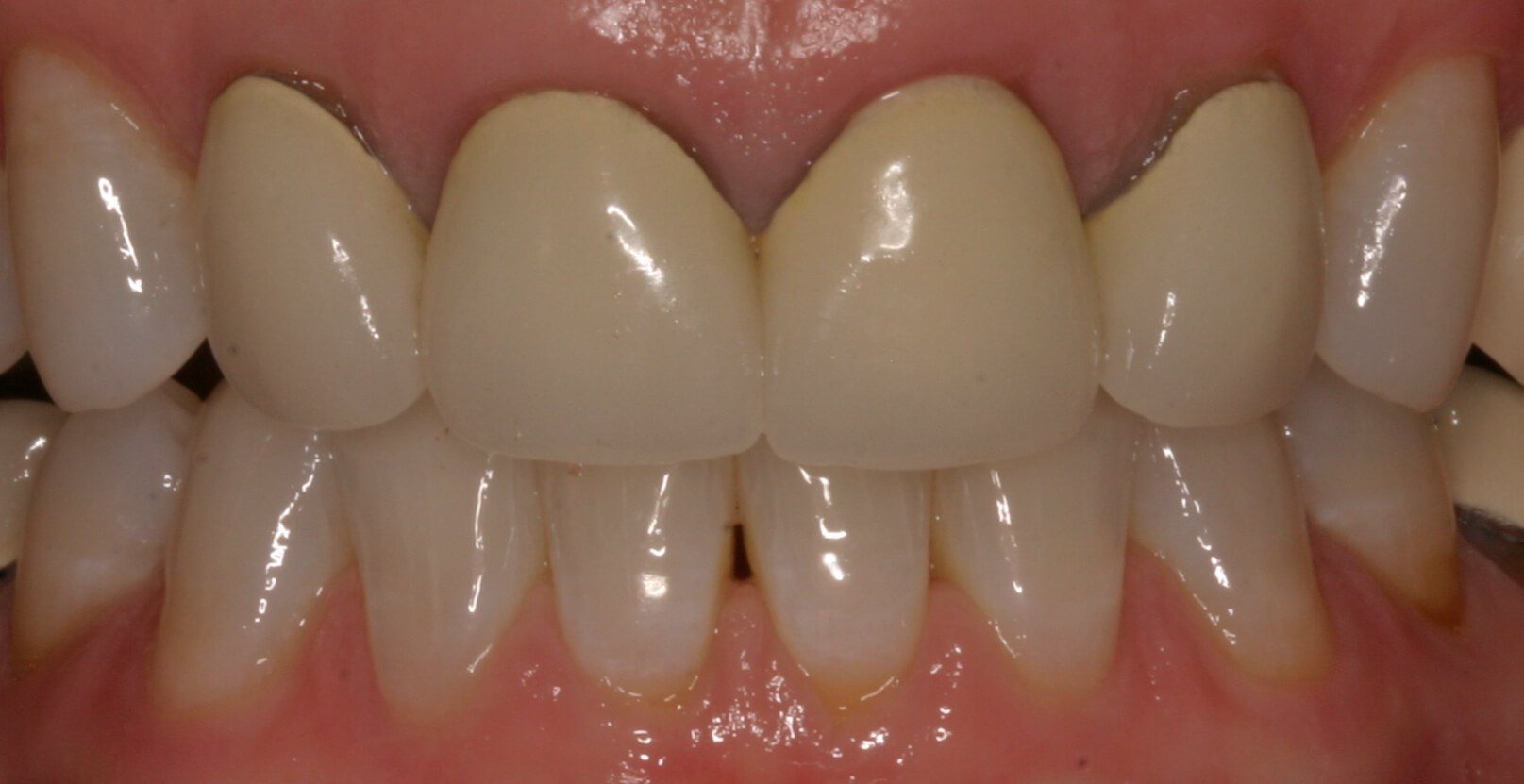
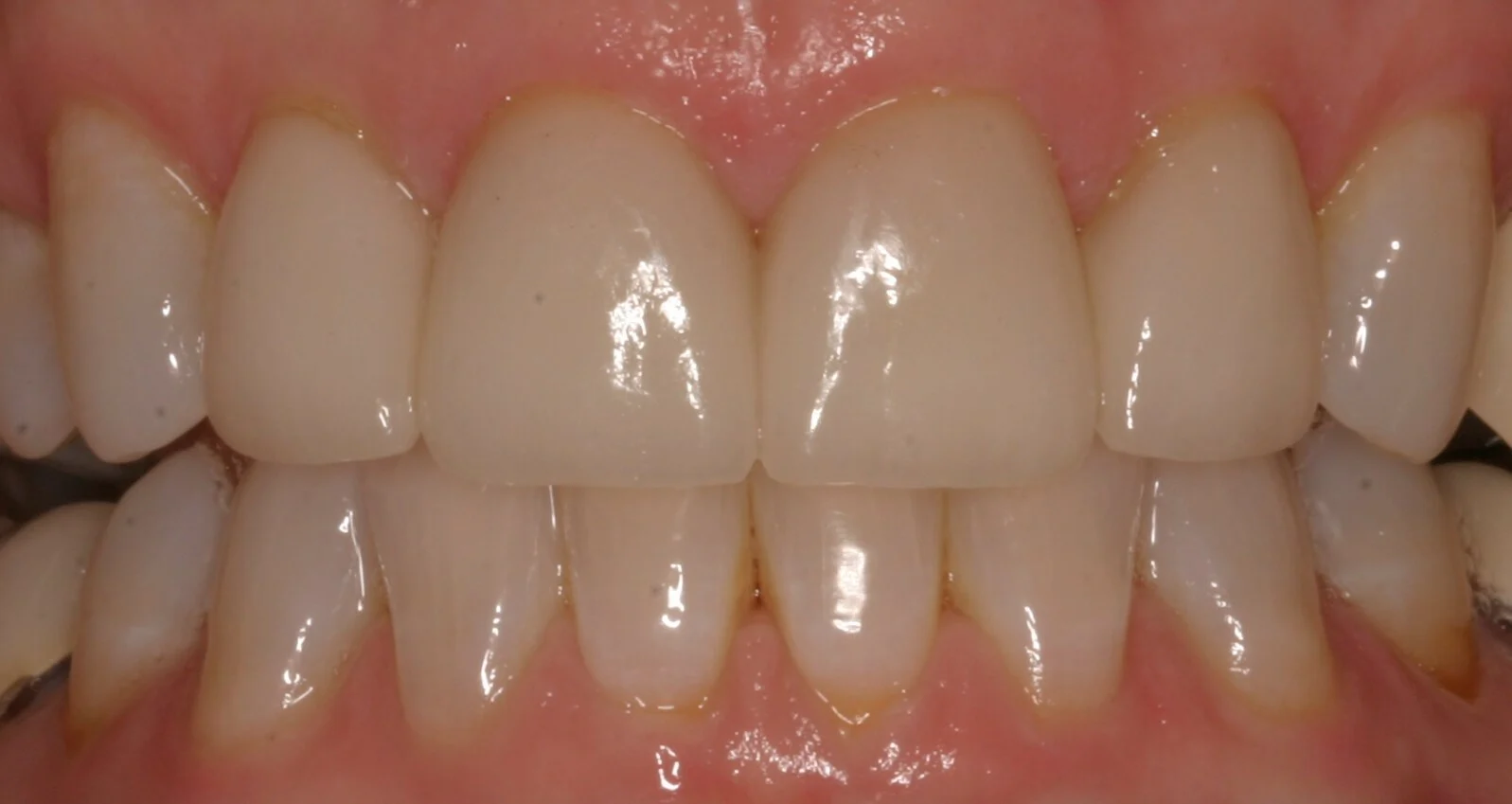
No, it isn’t. A bite analysis only requires you to bite down on a sensor to gather data, which our doctors can analyze. Along with a physical examination of your teeth and jaw, a bite analysis allows us to more accurately pinpoint the issue or issues causing you pain or problems.
Teeth grinding has a number of causes, including:
Grinding your teeth can cause teeth wearing, cracking, chipping, face and jaw pain, headaches, and more.
In order to diagnose and repair any number of dental issues, the dentists at Washington Center for Dentistry will often start with a bite analysis to assess your teeth to get to the bottom of what’s going on. Whether you need to transform broken or chipped teeth, stop teeth grinding or treat facial pain and discomfort, our dentists will use state-of-the-art technology to check out your bite and any problems that may exist. From there, they can devise a customized treatment plan unique to you. We invite you to contact our office in Washington, DC today to set up an appointment for bite analysis to start your journey toward a happier, healthier mouth.

"*" indicates required fields
1430 K Street NW, 8th Floor Washington, DC 20005
© Copyright 2025 Washington Center for Dentistry